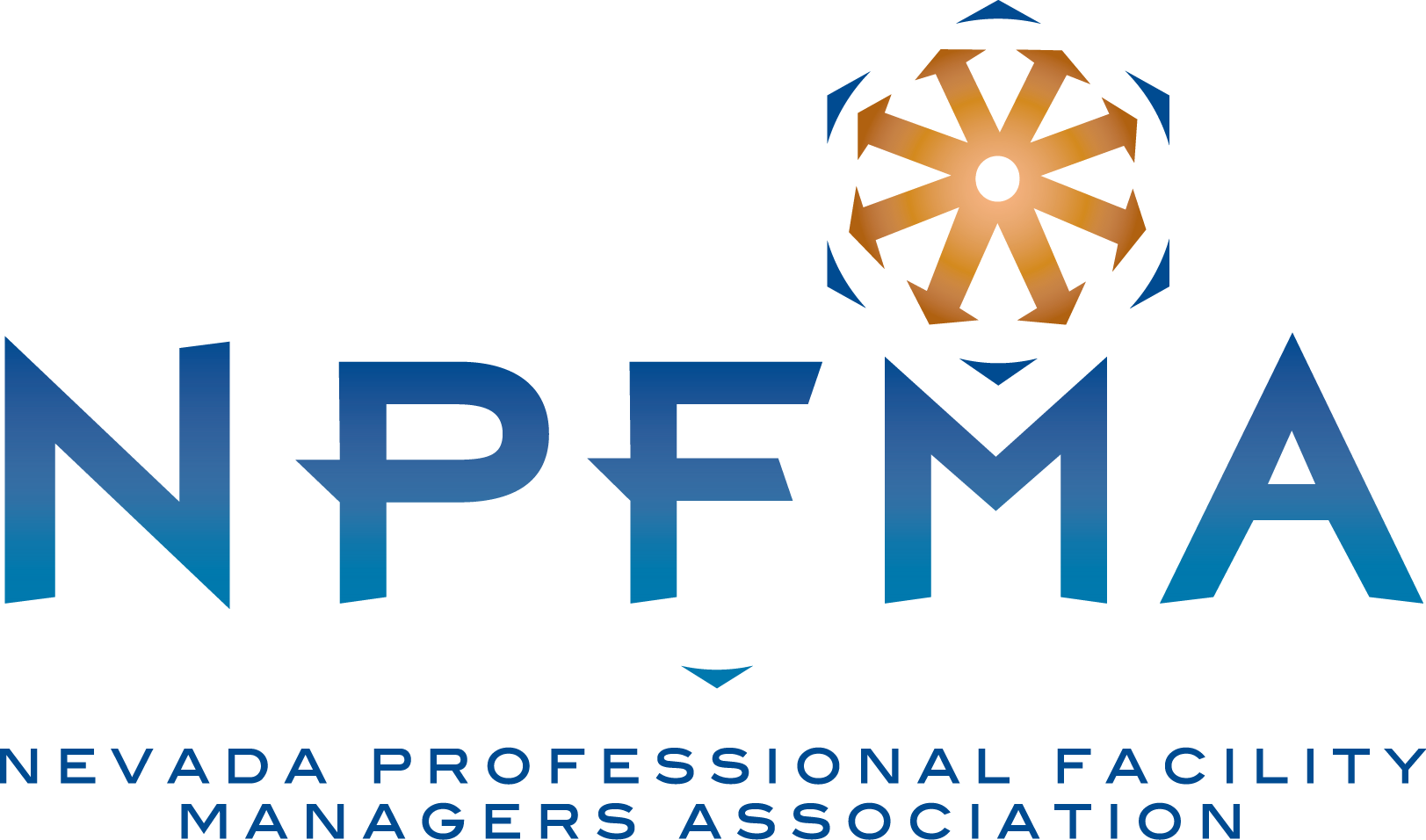Las Vegas Grand Prix races toward net-zero water consumption
Sustainability and water conservation may not be what first comes to mind when considering high-performance racecars zipping around street tracks at over 100 miles per hour and even reaching speeds over 200 mph. But, the Las Vegas Grand Prix, Inc. put itself in the pole position with water-saving initiatives that, at scale, could make it possible for the motorsport event to be the first net-zero water consumption race in Formula 1 history.
In preparation for the race, the Formula 1 Heineken Silver Las Vegas Grand Prix 2023 installed mechanical cooling systems throughout its pit building instead of water-intensive evaporative cooling systems, which consume 10 percent of Southern Nevada’s limited water supply. Local ordinances and development codes prohibit the water-cooled systems in new commercial construction projects that submitted building permit applications after Sept. 1, 2023.
The pit building construction was well within the timeline to use evaporative cooling, but the race organizers opted to be good water stewards and installed dry cooled systems as part of its goal to achieve net-zero water consumption.
The Las Vegas Grand Prix also installed an atmospheric water generator (AWG) to capture water vapor exhaust from an existing evaporative cooling tower at the MGM Grand Hotel & Casino to help offset race-related water consumption.
AWGs are used around the world to create water from humid air. The moist air vented from evaporative cooling towers is typically 99 percent relative humidity, and AWGs can capture and condense the water vapor and produce more than 2,500 gallons of water per day.
In the weeks leading up to the race, the Las Vegas Grand Prix conducted a pilot test of the AWG to assess its effectiveness at converting the moist air vented from the MGM cooling tower into water. The Las Vegas Grand Prix partnered on the project with the Southern Nevada Water Authority (SNWA), MGM Resorts International and WaterStart, a nonprofit organization that finds innovative technologies for municipal water agencies. Through this partnership, the Las Vegas Grand Prix event is setting a sustainability precedent for future large-scale events in Southern Nevada as well as establishing a new water stewardship standard for future Formula 1 races.
Facility managers also are in the pole position to help their companies cross the sustainability finish line, and the SNWA offers rebates to help offset the costs associated with site improvements and new technologies.
The SNWA has long been a world leader in progressive conservation measures and programs, which have helped the community save billions of gallons of water over the past two decades. Water conservation is a key strategy for managing water resources and responding to ongoing drought conditions in the Colorado River basin that are challenging water supplies in the West.
To help business leaders green flag water-saving solutions, the SNWA offers the Water Efficient Technologies (WET) rebate program. Commercial and multifamily property owners who install water-efficient technologies are eligible for a variety of WET cash incentives.
The SNWA recently increased the WET incentive for projects that improve the efficiency of existing evaporative cooling systems or replace the systems with dry-cooled versions to torque up participation in the program.
Converting evaporative towers to air-cooled systems can require millions of dollars to implement, and system upgrades also can be costly. The changes to the WET program will help incentivize non-residential customers to invest in equipment, site improvements, control systems and other cooling projects that improve water efficiency or replace the systems completely.
The new incentives for evaporative cooling projects include:
- · Increasing the incentive from $45 to $70 per 1,000 gallons of consumptive water saved annually.
- · Increasing the incentive for wet-to-dry cooling from $950 to $1,500 per ton.
- · Removing the $500,000 annual cap for evaporative cooling to support larger projects.
The total rebate incentive will continue to cover up to 50 percent of the total project cost. Businesses are not required to replace the entire evaporative cooling system to qualify for the WET rebate. System modifications and upgrades also are covered by the rebate program.
For more information about the WET rebate and how your facility can participate and achieve a water-saving Grand Slam, visit snwa.com or email our business conservation experts at cashincentives@snwa.com.
PHOTO
The Las Vegas Grand Prix installed an atmospheric water generator to capture water vapor exhaust from an existing evaporative cooling tower at the MGM Grand Hotel & Casino to help offset race-related water consumption.
